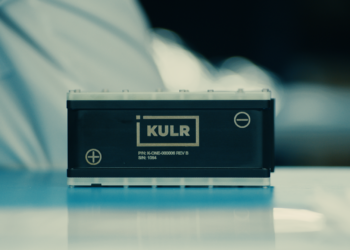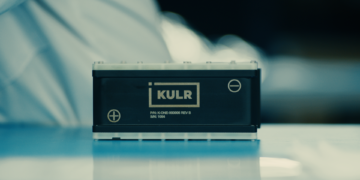Novel Therapy Shows Promise in Restoring Lifespan and Addressing Accelerated Aging
Telomir Pharmaceuticals (TELO), a leader in age-reversal science, has announced promising results from a preclinical study of Telomir-1, a potential therapy targeting the accelerated aging associated with progeria. Conducted in collaboration with Nagi Bioscience SA, the study utilized C. elegans (nematode) models to demonstrate that Telomir-1 effectively restores shortened lifespan and normalizes aging processes.
Key Findings from the Study
The study focused on nematodes with a mutation in the wrn-1 gene, analogous to the human gene implicated in Werner Syndrome, a form of progeria. These mutated nematodes showed significantly reduced lifespans compared to normal counterparts. However, treatment with Telomir-1 restored their longevity to levels comparable to non-mutated specimens. The therapy also improved physiological markers such as movement velocity and tail amplitude, extending healthy lifespan alongside overall longevity.
Dr. Laurent Mouchiroud, Co-founder and CSO of Nagi Bioscience, emphasized the therapy’s transformative potential: “These findings underscore Telomir-1’s ability to counter the decline observed in untreated populations, offering new hope for age-related conditions.”
Understanding Progeria and Accelerated Aging
Progeria, or Hutchinson-Gilford Progeria Syndrome, is a rare genetic disorder causing rapid aging in children. Affecting fewer than 400 individuals globally, the condition leads to severe complications, including cardiovascular issues and premature death.
At its core, progeria results from the accumulation of progerin, a defective protein that accelerates telomere shortening and disrupts cellular processes. Telomeres, the protective caps of chromosomes, naturally shorten with age, but this process is dramatically hastened in progeria, causing widespread cellular dysfunction.
Telomir-1: A Novel Approach
Telomir-1 addresses cellular dysfunction by regulating metal imbalances, reducing oxidative stress, and preventing telomere shortening. Key features of the therapy include:
- Iron Regulation: Mitigating iron overload to reduce oxidative stress and prevent ferroptosis, a form of cell death linked to accelerated aging.
- Copper Balancing: Addressing copper imbalances to improve organ function and metabolism, targeting conditions like Wilson’s disease.
These mechanisms support cellular health and longevity, making Telomir-1 a promising candidate for addressing progeria and other age-related diseases.
Broader Applications and Future Research
Beyond progeria, Telomir-1 has shown potential in reversing biological aging, improving insulin resistance in Type 2 diabetes, and regulating copper metabolism in Wilson’s disease.
“Our research validates Telomir-1’s ability to tackle aging at its root,” said Erez Aminov, Chairman and CEO of Telomir. “This therapy represents a novel pathway to treating progeria while exploring broader applications in aging-related conditions.”
Telomir is now preparing for in vitro studies using human progeria cell lines, aiming to further establish Telomir-1’s efficacy in restoring cellular health and normalizing aging processes. This breakthrough could pave the way for transformative therapies addressing the fundamental causes of aging.
Read original press release here
You might like this article:Nvidia Unveils AI and Gaming Innovations at CES 2025











